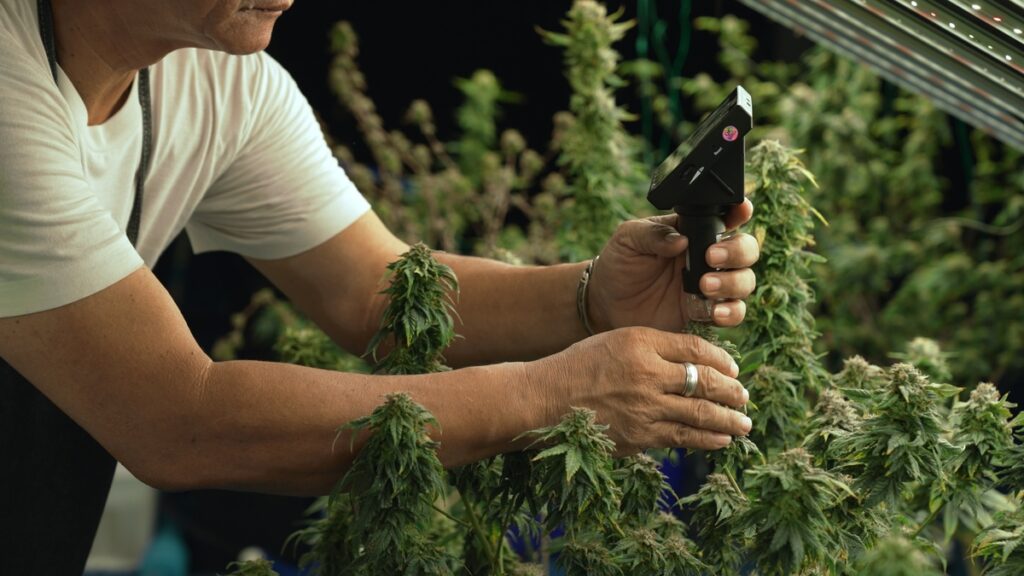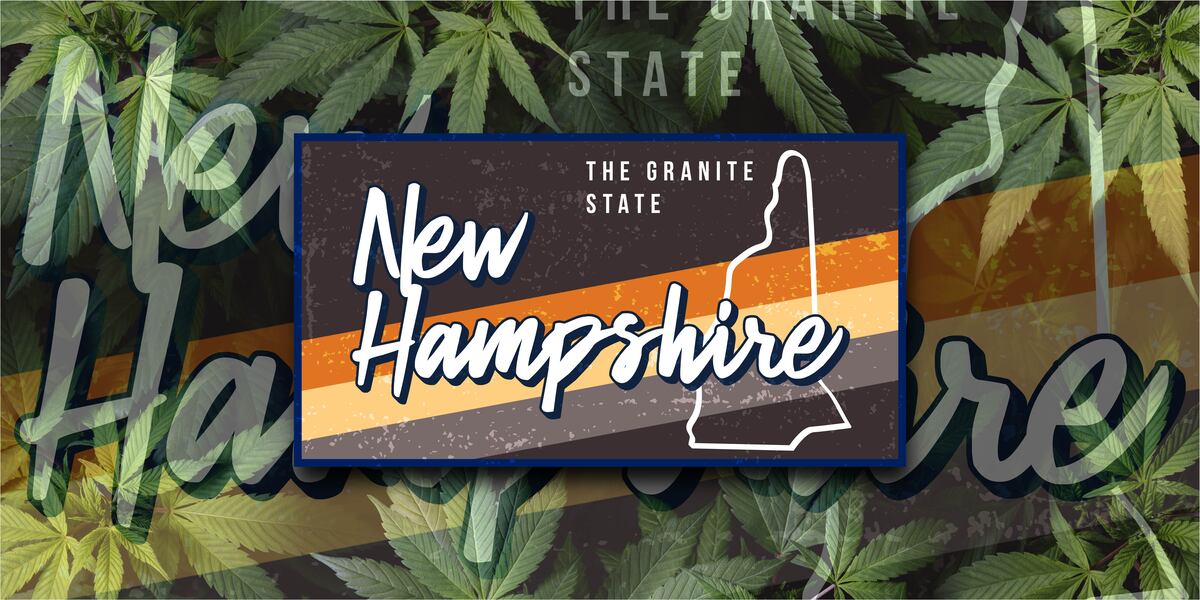The Granite State is preparing to grow its cannabis market. For packaging suppliers, dispensaries, and brands, understanding New Hampshire cannabis packaging regulations is essential. Clear rules help businesses stay compliant and avoid penalties. This guide explains the key packaging laws that apply in the state.
Understanding Cannabis Legalization in New Hampshire
Medical cannabis is legal in New Hampshire, and the program is managed by the Department of Health and Human Services (DHHS) through the Therapeutic Cannabis Program (TCP). Recreational cannabis, however, is still under review by state lawmakers. Although no final decision has been made, discussions around legalization continue to move forward.
For businesses involved in cannabis packaging, staying informed is key. Even if you only serve medical dispensaries now, proposed recreational laws will likely introduce new packaging and labeling rules. Monitoring both current regulations and upcoming bills helps you plan ahead and avoid costly updates later.
Packaging Requirements
Cannabis products in New Hampshire must follow specific packaging rules to protect consumers and meet state regulations. These apply to all formats, including flower, edibles, tinctures, and topicals.
Key requirements include:
- Child-resistant packaging – Containers must be hard for children to open.
- Tamper-evident features – Packaging must show clear signs if opened or altered.
- Opaque or non-transparent packaging – Especially important for edibles to prevent confusion with regular food or candy.
- Durable materials – Packaging must protect the product during normal handling and storage.
- Resealable containers – Needed for products with more than one serving, such as edibles and creams.
These standards follow national safety guidelines and are similar to rules in nearby states.
Labeling Requirements
Accurate labeling is essential for legal compliance and consumer safety. Labels must show information for customers and data required by the state to track products.
Common labeling rules include:
- Product name and type
- Total tetrahydrocannabinol (THC) and cannabidiol (CBD) content per serving and per package
- Net weight or volume
- Ingredients list, especially for edibles or infused products
- Manufacturing and expiration dates
- Batch and lot numbers
- Lab testing results
- Usage instructions and dosage
- Warning statements like:
- “Keep out of reach of children”
- “This product may cause impairment”
Labels must be easy to read, truthful, and printed in English. The state also requires specific font sizes to ensure clarity.

Marketing and Branding Restrictions
Packaging design plays a big role in compliance. New Hampshire, like many states, bans packaging that could attract minors or make false health claims.
Avoid using:
- Cartoon characters or popular culture images
- Bright colors that look like candy
- Packaging shaped like toys or sweets
- False or misleading health benefit claims
Packaging should clearly show that the product is for medicinal use. It should not look like regular snacks or drinks.
Penalties for Non-Compliance
Cannabis packaging violations can lead to serious consequences. Depending on the nature and severity of the violation, businesses may face:
- Fines or administrative penalties
- Product recalls
- Suspension or revocation of operating license
- Public health investigation
For instance, distributing products without proper THC labeling or child-resistant features could trigger enforcement actions by the state.
Tips to Stay Compliant
- Work with compliance-focused packaging vendors
Choose partners familiar with evolving cannabis laws across New England. - Stay updated on legislation
Monitor changes from the NH DHHS and state legislature to adjust packaging accordingly. - Implement a compliance checklist
Develop an internal packaging review process before any product hits the shelves. - Consult legal or regulatory experts
Especially when entering the market or launching a new product line.
Final Word
The landscape of New Hampshire cannabis packaging regulations is evolving, especially as the state inches closer to recreational legalization. Whether you’re an established operator or a new entrant to the market, now is the time to build a packaging strategy grounded in safety, clarity, and compliance.
Need packaging that’s fully compliant? Custom 420 Supply is a cannabis packaging company that operates out of New England and can provide you with everything you need. Want to learn more? We invite you to reach out through our contact page.
Frequently Asked Questions (FAQs)
Yes, New Hampshire mandates that all cannabis packaging labels be clear and legible. While the state specifies minimum font sizes to ensure readability, exact font size requirements and formatting details are outlined in DHHS guidelines. These rules help consumers easily identify product information and safety warnings.
While cannabis remains federally illegal, New Hampshire’s cannabis packaging regulations often draw from established federal safety standards such as the Consumer Product Safety Commission’s child-resistant packaging rules and ASTM International guidelines. The state adapts these standards to fit its regulatory framework to ensure consumer safety and product integrity.
Cannabis packaging and labeling must be updated whenever there are changes in product formulation, potency, or regulatory requirements. Businesses are advised to review packaging compliance at least annually and stay informed about legislative updates to ensure ongoing adherence to New Hampshire laws.

